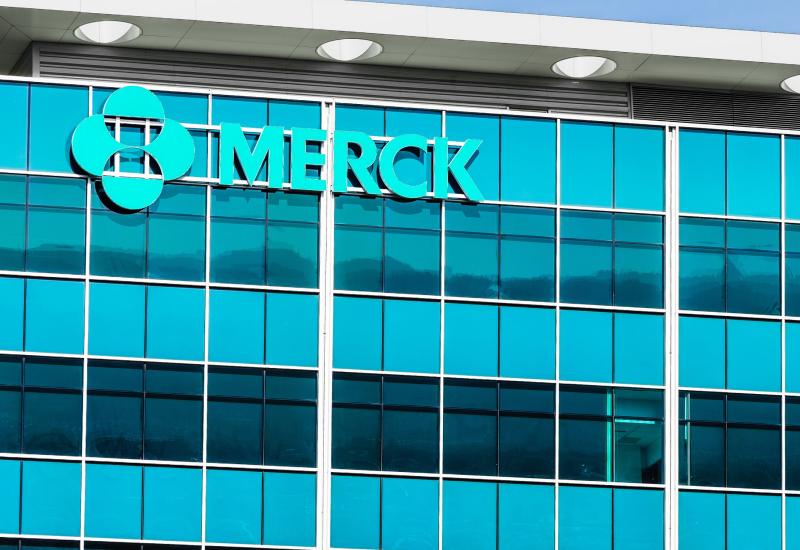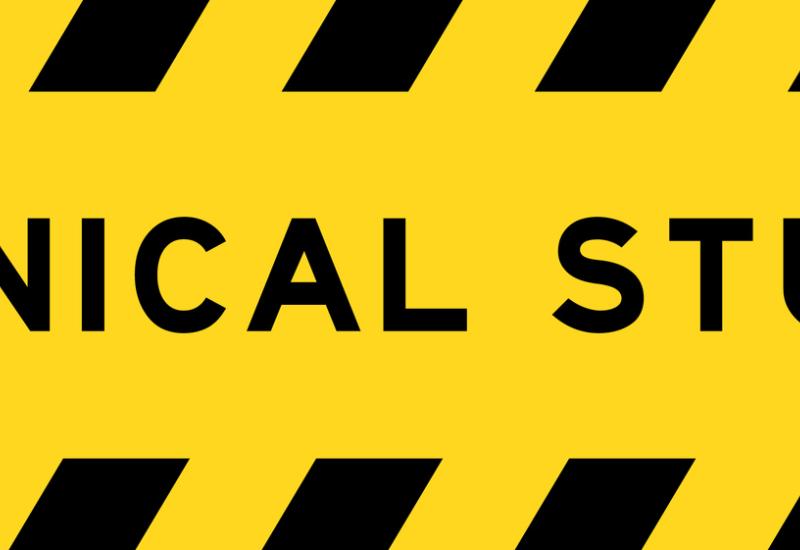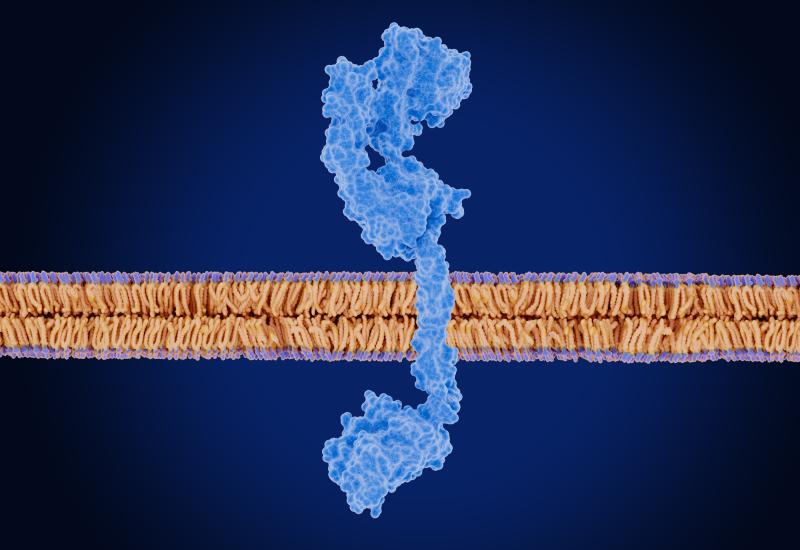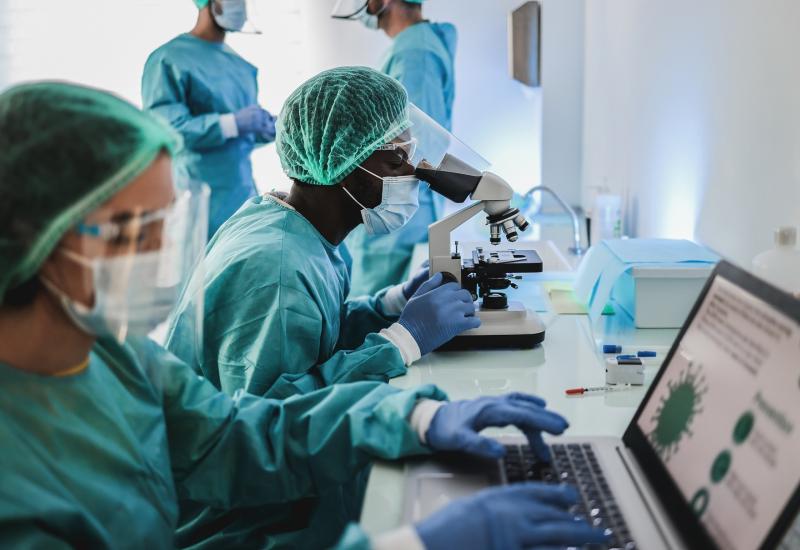
More conjugates pile into the clinic
J&J, Astra, Pfizer and others move yet more ADCs into human studies.
J&J, Astra, Pfizer and others move yet more ADCs into human studies.

As if further proof were needed that antibody-drug conjugates remain a key area of drug development, recent listings on the clinicaltrials.gov database have revealed the entry of no fewer than nine new ADCs into their first-in-human clinical studies.
These include yet another asset hitting CDH17, as well as projects against less popular ADC targets like MUC17, in addition to mystery entrants from Johnson & Johnson, Solve Therapeutics and RemeGen. And an anti-CD22 ADC from AstraZeneca should be of interest because it's thought to use a novel linker that this company profiled at the AACR conference.
Astra's ADC pipeline has been expanding, and several of its clinical-stage projects, including those against CD123, EGFR x cMet, FRα and B7-H4, use the topoisomerase 1 inhibitor warhead samrotecan. Meanwhile, an MMAE payload is employed by the company's anti-GPRC5D asset vemzatatug vedotin, licensed from LaNova.
But at AACR Astra profiled the preclinical-stage anti-Steap2 ADC AZD0516, which was said to use a novel β-glucuronidase-cleavable linker using an exatecan payload. Now comes AZD4512, an ADC against CD22 that's due to enter phase 1 in October; this project is also thought to use the novel linker/payload.
More CDH17
LaNova, now being acquired by Sino, also features among phase 1 starters, with the anti-CDH17 ADC LM-350. Thus this field continues to grow, now featuring 11 clinical-stage projects.
The next anti-CDH17 ADC to go into human trials could be Mabwell's 7MW4911, which received Chinese IND approval, and had a US IND filing accepted, two weeks ago. Also waiting in the wings is Huadong Medicine, which has filed an IND for its contender, HDM2017.
Two separate Huadong ADCs, HDM2012 and HDM2020, have just entered phase 1. The first appears to be the industry's only MUC17-targeting ADC, according to OncologyPipeline. Other anti-MUC17 modalities don't abound either, Amgen having discontinued its T-cell engager AMG 199 some time ago.
Meanwhile, the target of HDM2020 is the somewhat more popular FGFR2b. This is best known for being hit by Amgen's Five Prime-originated naked antibody bemarituzumab, but also has a few other clinical-stage ADC contenders, including BeOne's BG-C137, Allink's ALK201 and Jiangsu Simcere's SIM0686.
Recently disclosed first-in-human studies*
| Project | Mechanism | Company | Trial | Scheduled start |
|---|---|---|---|---|
| JNJ-95437446 | Undisclosed ADC | Johnson & Johnson | Solid tumours | 15 Jul 2025 |
| LM-350 | CDH17 ADC | LaNova (Sino) | Solid tumours | 31 Jul 2025 |
| HDM2012 | MUC17 ADC | Huadong Medicine | Solid tumours | 6 Aug 2025 |
| PF-08046876 | Integrin αvβ6 ADC | Pfizer | Solid tumours | 7 Aug 2025 |
| HDM2020 | FGFR2b ADC | Huadong Medicine | Solid tumours | 11 Aug 2025 |
| SYS6023 | HER3 ADC | CSPC Pharmaceutical | Solid tumours | 15 Aug 2025 |
| SLV-324 | Undisclosed ADC | Solve Therapeutics | Solid tumours | Aug 2025 |
| RC278 | Undisclosed ADC | RemeGen | Solid tumours | 30 Sep 2025 |
| AZD4512 | CD22 ADC | AstraZeneca | Allight in r/r B-cell ALL | 31 Oct 2025 |
Note: *projects newly listed on the clinicaltrials.gov database between 29 Jul and 8 Aug 2025.
Elsewhere, Sutro is now being challenged by Pfizer in αvβ6 blockade, where the big pharma company has won the race to be first into the clinic with an ADC, namely PF-08046876.
In March Sutro discontinued its lead ADC, luveltamab tazevibulin, which targeted FRα but had been outclassed by the likes of rinatabart sesutecan, originated by ProfoundBio and acquired by Genmab. Among the early ADCs to which Sutro then pivoted was the αvβ6-targeting STRO-006, which the company claims uses a "specific and selective" antibody; but an IND filing for STRO-006 isn't expected until mid-2026.
With such an abundance of ADCs it might not come as a surprise if some groups are becoming increasingly secretive about their work. For instance, nothing is disclosed publicly about J&J's JNJ-95437446, RemeGen's RC278 or Solve Therapeutics' SLV-324, apart from that these are ADCs. Solve is a private US biotech known to have licensed Nerviano’s linker-payload tech in mid-2023, but beyond this it has a low profile.
China's CSPC, on the other hand, has no qualms in disclosing its SYS6023 as being an anti-HER3 ADC. That target has most notably tripped up Merck & Co/Daiichi Sankyo's patritumab deruxtecan.
4000













